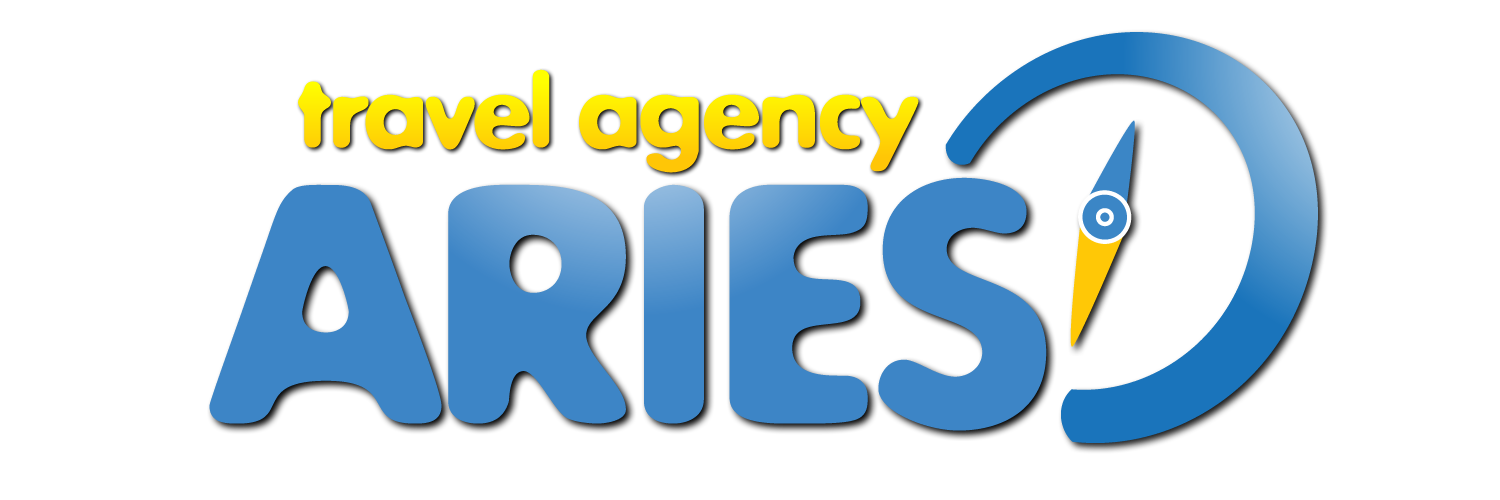Треба да знаете дека студентите можат да работат во Австралија.
You have to know that as a student you are eligible to work part time in Australia!
You can work up to 20h a week during your study and full time during your holidays.
The type of job depends on your English level but please be prepared to work as a kitchen-hand, waiter or cleaner at the beginning.
3 IMPORTANT STEPS BEFORE YOU CAN APPLY FOR A JOB IN AUSTRALIA:
You need to obtain a Tax File Number (TFN) – we can help you do this in our office;You need to prepare your CV/Resume, with all details related to the job you apply for. We can also help you with this.You will need to open a bank account, which is very simple and our friendly staff can assist you.
3 IMPORTNANT RULES REGARDING YOUR JOB:
You can start to work as soon as your classes start;You can work up to 20 hours a week during your studies;You can work without any limitation during your school holidays.
AVERAGE HOURLY RATES IN AUSTRALIA:
Waiter – up to $15 (plus tips)
Bar attendant – $12 – $18
Cleaner – $15 – $25
Kitchen Hand – $10 – $15
Distribution of flyers – $8 – $10
Nanny – $15 – $20
Aged Care/Child Care assistant – $15 – $25
Cook – $15 – $25
Lifeguard – $15 – $40
Painter/Construction – $15 – $35
BEFORE YOU APPLY FOR A JOB YOU SCHOULD:
Find out more information about the company such as what it does & where it is located? You can do this by checking out their website & obtaining annual reports.Find out whether the position is really right for you by doing your research on the position.All applications must include a covering letter & a resume.
INTERVIEW TIPS IN AUSTRALIA:
Go prepared by writing down some notes that you can refer to, think about questions you may be asked, what your strengths are & why this position is of interest to you.Take copies of your application, CV, references and certificates.Answer questions clearly & to the point.Ask questions.Go and see place where you planning your to get job to see how it looks during normal businesss hours.
MINIMUM RIGHTS AND CONDITIONS AT WORK:
Your minimum rights and conditions at work may be set by a legal document like a federal or state award, a collective agreement, or an individual transational employment agreement (ITEA). Ask your employer which one will apply to you and your job so you can find out how it will affect you.
If an agreement or an award does not apply, laws in Australia will provide basic minimum pay and conditions.
If you are asked to sign any type of document agreeing to work conditions, make sure you read it very carefully and understand it before signing. Keep a copy for your records.
Your award or agreement should tell you things like:
Your Minimum rate of pay – remember, your employer can pay you more than the minimum if they want to, but they cannot pay you less.The number of hours you will work each week.When you will be paid – you should be paid at least once a month.If you are entitled to more money (penalty rates) for working nights, weekends or public holidays, or overtime pay for working outside your regular hours.If you should be paid an allowance for doing certain tasks.The minimum number of hours per shift you can be rostered and paid for.When you should be taking breaks during your shift.How much notice you need to give youe employer if you want to resign from your job.
WHAT IS NOT OK AT WORK?
Unpaid work trials are generally against the law – you should not be asked to work for free. You should be paid for all hours you work, including meetings or training and the time you spend openinig and closing the business.Not being given a pay slip – you should receive a pay slip within one day of being paid.Having money taken out of your pay to cover customers who have left without paying or if the registers are shot.Being sent home from work early – you should start and finish your shift at the rostered time no matter how busy or quiet it is, unless you and your employer agree otherwise.Receiving goods or services instead of pay.Being pressured, forced or threatened to sign a workplace agreement.Being sacked because you were sick or injured.Being sacked becaouse of your race, colour, sex, sexual preference, marital status, pregnancy or religion.
If you feel like any of these things are happening to you, you should contact the Workplace Ombudsman Help Line on 1300 724 200 or www.wo.gov.au for assistance.



Comment (0)